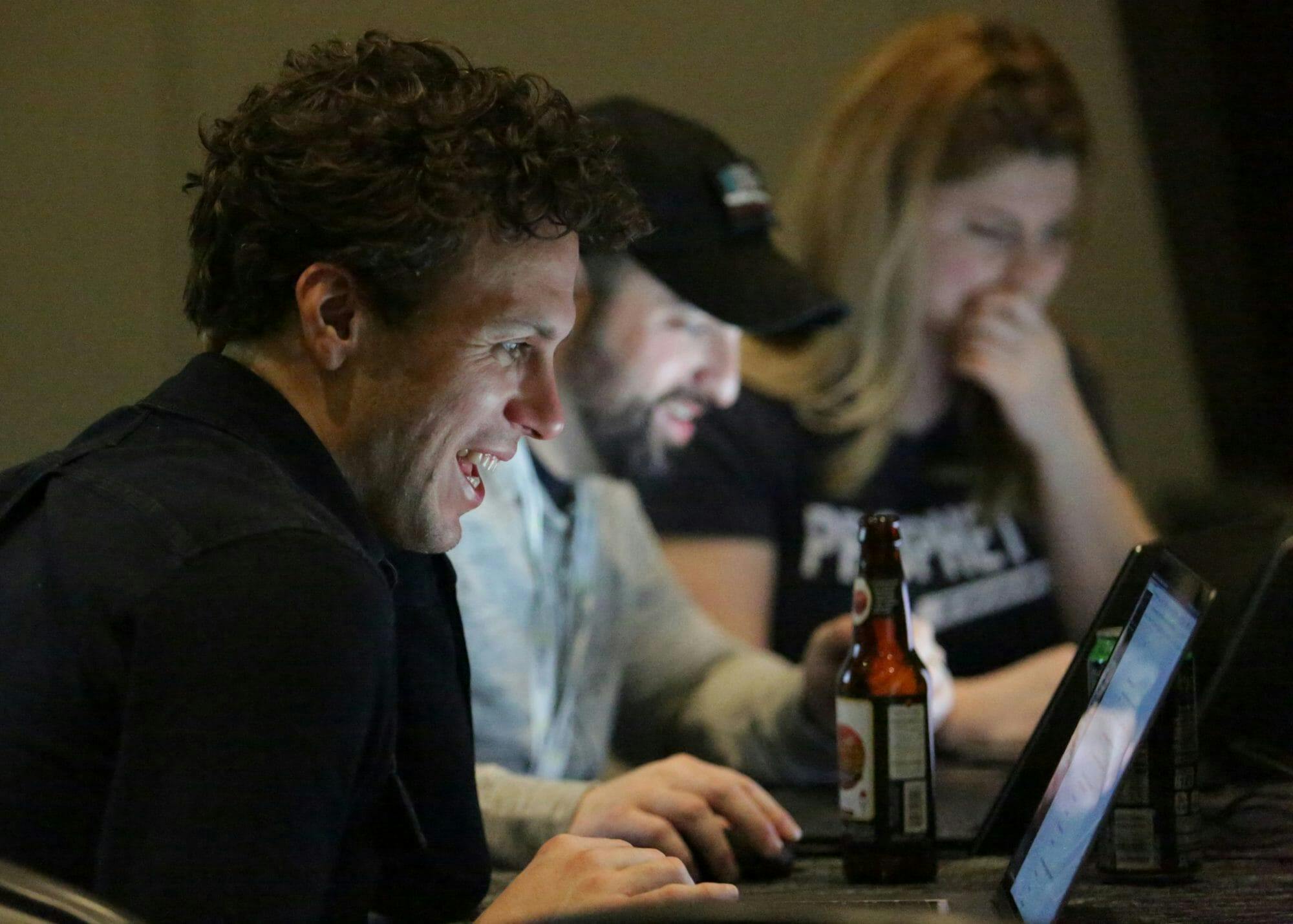Have you ever thought about how your professional experience forms your habits, and then – affects your everyday life?
In this post, I want to share with you habits that have become a part of me, thanks to sourcing. They are helping me in work, and sometimes in life, too.
GOOGLING
I guess this habit is the first and the most essential. Where would we go without Google? It helps us find information, candidates’ contacts, and candidates themselves. Besides, Google search can help you contact the candidate at the right moment with the right message.
Example 1
My colleague Marina has found a new candidate but wasn’t quite sure if his experience is relevant, based on his profile alone. I offered Marina to send the candidate the message and find out these details. However, Marina responded that she has checked this guy’s Instagram and saw that he was on vacation. So in order not to disturb the candidate, she has set a reminder in the calendar to write him back in a week when he’s back.
Example 2
I also know hiring managers who read not only the candidate’s CV before the interview but also explore their Facebook profile to find out what’s essential for the candidates and what interests them. I think it’s fantastic when the candidates come to the technical interview and can have a small talk about their hobbies because the hiring managers did their homework and got prepared.
And how about you? Do you have such a practice?
Example 3
My colleague Lyuda was looking for candidates on Upwork. As you know, the last names of the users are hidden there. So, Lyuda used Google as one of the ways to find out the candidates’ last names. Here’s what she put in the Google search line:
Yurii C. Upwork java
Result? In most cases, we get the candidates’ last names in their profile links across the first search results.

PEELING BACKLINKS
That’s right, “peeling” named after the Peel-Back method. In a nutshell, this method lets us work with the URL-link and gradually “peel back” parts of it.
Example 1
Let me give you an example using DOU, the Ukrainian IT community. Read more about DOU in the article “How to find the best candidates in Ukraine” by Iryna Sulatska.
So, take the link to your profile (here’s my profile as an example): https://dou.ua/users/elena-volk/
And then peel back the last part of the link stopping at the previous “/” until you get this: https://dou.ua/users/
Thus, we understand the list of all the members of this community:

It’s one of my new recent habits. However, I can already see how useful it is.
Example 2
Last year our team worked on Clojure Developer vacancy. While searching for potential candidates in Google, I’ve found this link: https://clojurians-log.clojureverse.org/clojure-ukraine/2015-06-15
Then I could find this guy on LinkedIn, consider him as a possible candidate, and that’s all. I must confess, when I’ve found this link for the first time, it was exactly how it ended up. But when I’ve come across the link once again, I went a bit further and peeled it up to https://clojurians-log.clojureverse.org/clojure-ukraine

Which led me to beneficial information, as it appeared.
Now, thanks to this habit, I often peel backlinks like this. Sure thing, in many cases I get 404 error. But sometimes I get beneficial information like in examples above.
LOOKING INTO THE CODE
I’m sure most developers have this habit: when something goes wrong – let’s check the code. It appeared, this is also really important in sourcing!
That’s precisely how you can find emails on Github. And this is how we with the team invented our way to find emails on the BitBacket.
Here’s how it works:
If you have a link to the candidate’s BitBacket profile, you can go to any of his or hers repositories similarly to Github. Then you open one of the commits in the repo and find the raw commit link in the right part of the commit page. Click on it, and you’ll see the candidate’s email in the code.

STAYING CURIOUS
This is my most important habit, which has always been a part of me since I was a kid. I’m just an eager person, interested in everything around, which always leads me to the exciting discoveries.
Example:
I’ve read the post about the search tool that lets you find the candidate’s email. Of course, I’ve downloaded it and tried it immediately.
When I downloaded the tool, Google Chrome showed me all the similar applications, which I also downloaded and tested. As a result, I found two excellent free tools. You can read about them in Ukrainian Sourcing Community.
All I need to remember with this habit is knowing when to stop.
What other practices of a sourcer do you do or have?
P.S. For those who are interested in settling these habits, check out the game for recruiters by Jan Tegze: https://www.sourcing.games. We at EvoTalents adore this game.
